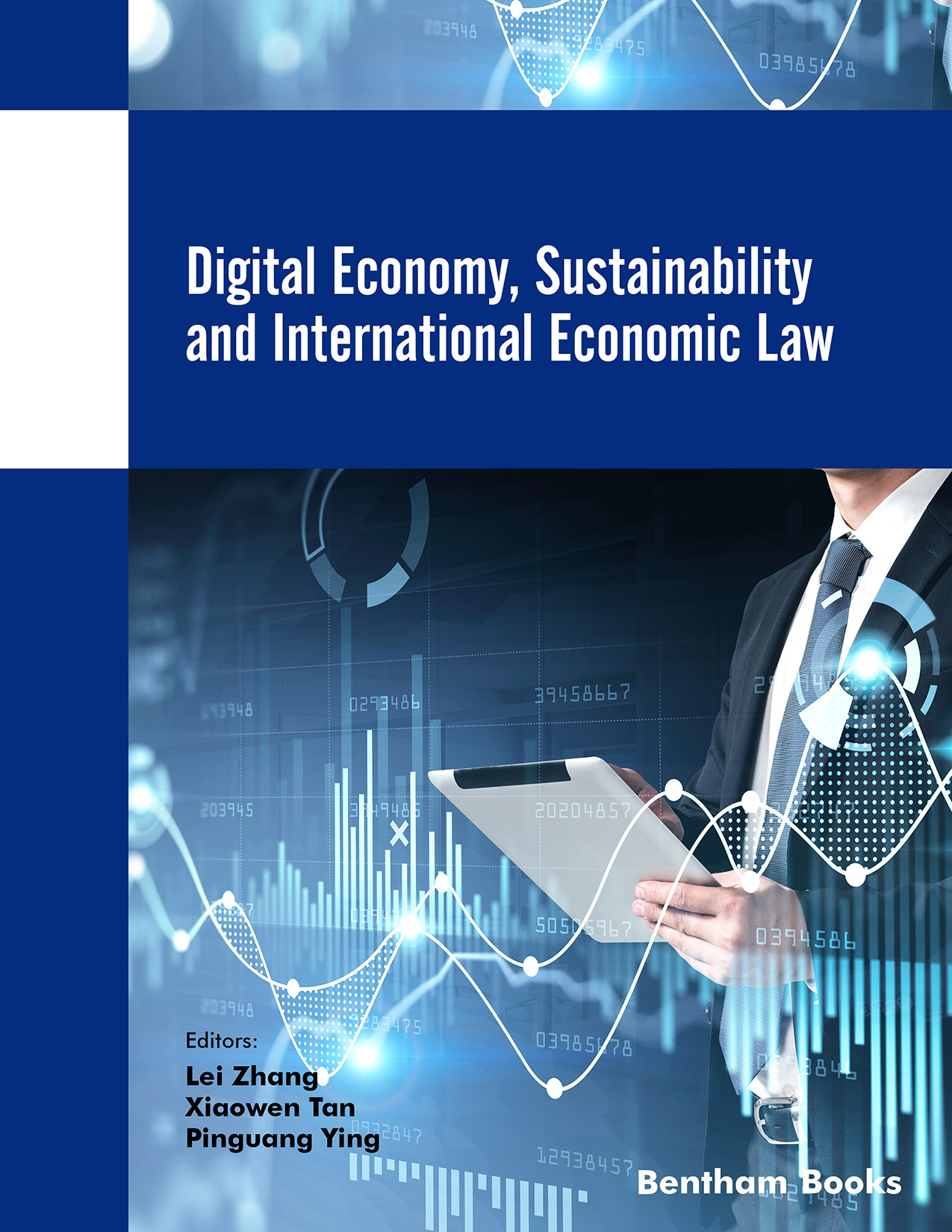Introduction
This volume reviews issues that address the interconnection between digital economy, sustainability and international economic law. It covers a range of topics, including renewables subsidies, AI and corporate governance, digital currency, dispute resolution and new developments in trade law. The selection of chapters intends to illustrate how the digital economic, sustainable development goals and arrangements could influence and potentially shape international economic law, and how they are intertwined in an increasingly connected world. However, as the concepts of digital economy and sustainable development integrate unevenly into different fields of law, the selection focuses on some of the most visible influences in corporate and international trade law in Asia.
The chapters in this volume are written by eminent authorities who are devoted to the emerging multidisciplinary fields of international economic law. Contributions include structured sections with a concluding summary and reference list for the benefit of a broad range of readers.
This is a timely reference for legal scholars, practitioners and law students seeking updated and critical information from the perspective of an increasingly digital, and sustainability-focused global trade economy.
Audience
Legal professionals; law students of corporate and international trade law

